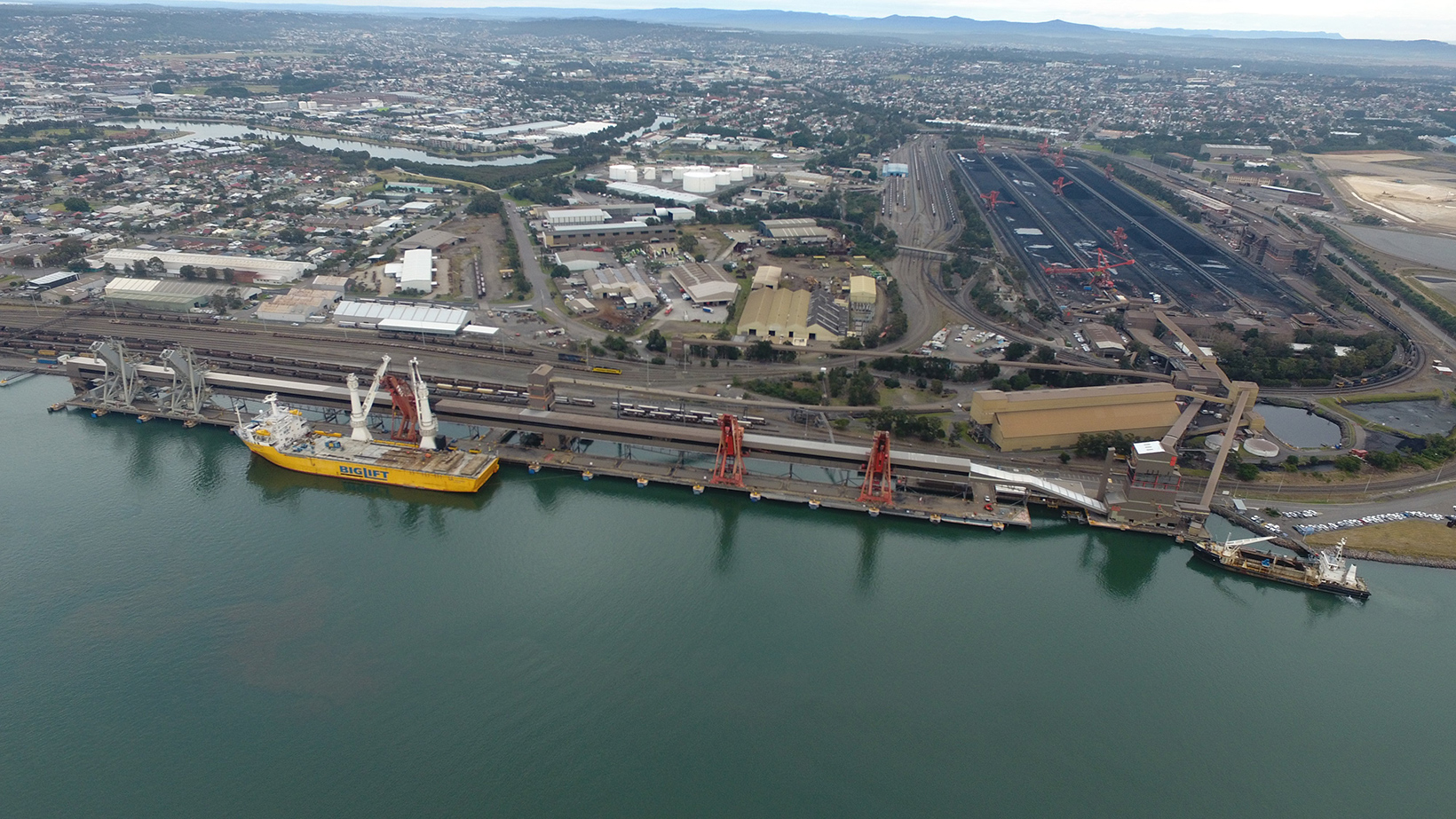Page
Climate Commission heart in the right place but head still out on the wind farm
Stephen Galilee
CEO,
NSW Minerals Council
Real action to reduce pollution and emissions and protect the environment is an important priority for governments, and an issue that businesses and industry must take seriously.
Unfortunately many of the so-called solutions presented to date damage the Australian economy, put jobs at risk and offer no real alternatives.
The Federal Government’s Carbon Tax has been all economic pain with no environmental gain. It has become a burden for a range of industries across the economy, including NSW mining. In fact, NSW Treasury modelling estimates the Carbon Tax has the potential to destroy 18,500 jobs in the Hunter region by 2020.
This week the Climate Commission called for an end to coal mining in NSW and across the nation. It was a call for action that would have dire consequences for our standard of living. It was also a call that ignored many key facts.
Like the fact that coal is our State’s most valuable export commodity. Like the fact that coal provides around 85% of our State’s energy needs. Like the fact that coal mining underpins the economic strength of towns and regions across NSW, including the Hunter and the Illawarra. Like the fact that coal mining in NSW directly employs over 23,000 people and generates thousands more jobs. Like the fact that in the last financial year NSW mining companies contributed $9.32 billion in direct spending and salaries to the state economy.
Yesterday’s NSW Budget confirmed that mining royalties contributed $1.3 billion in revenue to the NSW Government in 2012-13 and are forecast to increase over the next four years, helping pay for investment in hospitals, schools, railways and roads. It was a timely additional reminder of the importance of coal mining to our State.
And what is the alternative according to the Climate Commission? Stop coal. Leave it in the ground and transition to renewable energy – that’s it. Sounds nice, and in a perfect world who wouldn’t like to harvest sunbeams as the sole way of keeping our hospitals powered to save lives; keeping the lights on in our schools, and keeping our public transport on the go.
But it’s just not based on reality. It provides no alternative path to the relatively cheap and reliable energy that families and businesses use across NSW every day. It ignores all the global forecasts on energy demand that makes coal necessary for decades into the future.
And it ignores the key fact that leaving our coal in the ground would simply mean more coal mined elsewhere in the world; probably dirtier coal, mined less efficiently with a greater impact on the environment and emissions. So like the Carbon Tax, it’s another so-called solution that’s all economic pain for no environmental gain.
There can be no doubt that the Climate Commissioners are passionate about improving our planet. But their extreme solutions are impractical at best and dangerously reckless at worse.
Perhaps the Climate Commission should invest its time in contributing to the research underway on real solutions to meet the challenges of our growing energy needs, like low emissions technology and carbon capture and storage as a means of reducing emissions from coal.
The real danger of the type of simplistic solutions proposed by the Climate Commission is that governments believe this type of extreme view has the support of NSW residents. Thankfully, we know that most people in NSW understand the need for a strong mining sector for the foreseeable future.
According to recent Crosby Textor research, over two thirds of NSW residents support the mining industry in our state and a staggering 89% of people surveyed believe a strong mining industry is important for our state’s future.
The research also found that 83% of respondents believe the mining industry is a major contributor to the NSW economy and 76% believe the NSW mining industry has a long term future in NSW.
We should all be passionate about improving the world we live in. But simplistic calls for action that risk the electricity, jobs and living standards of the millions of NSW residents who currently rely on coal should be taken seriously.

